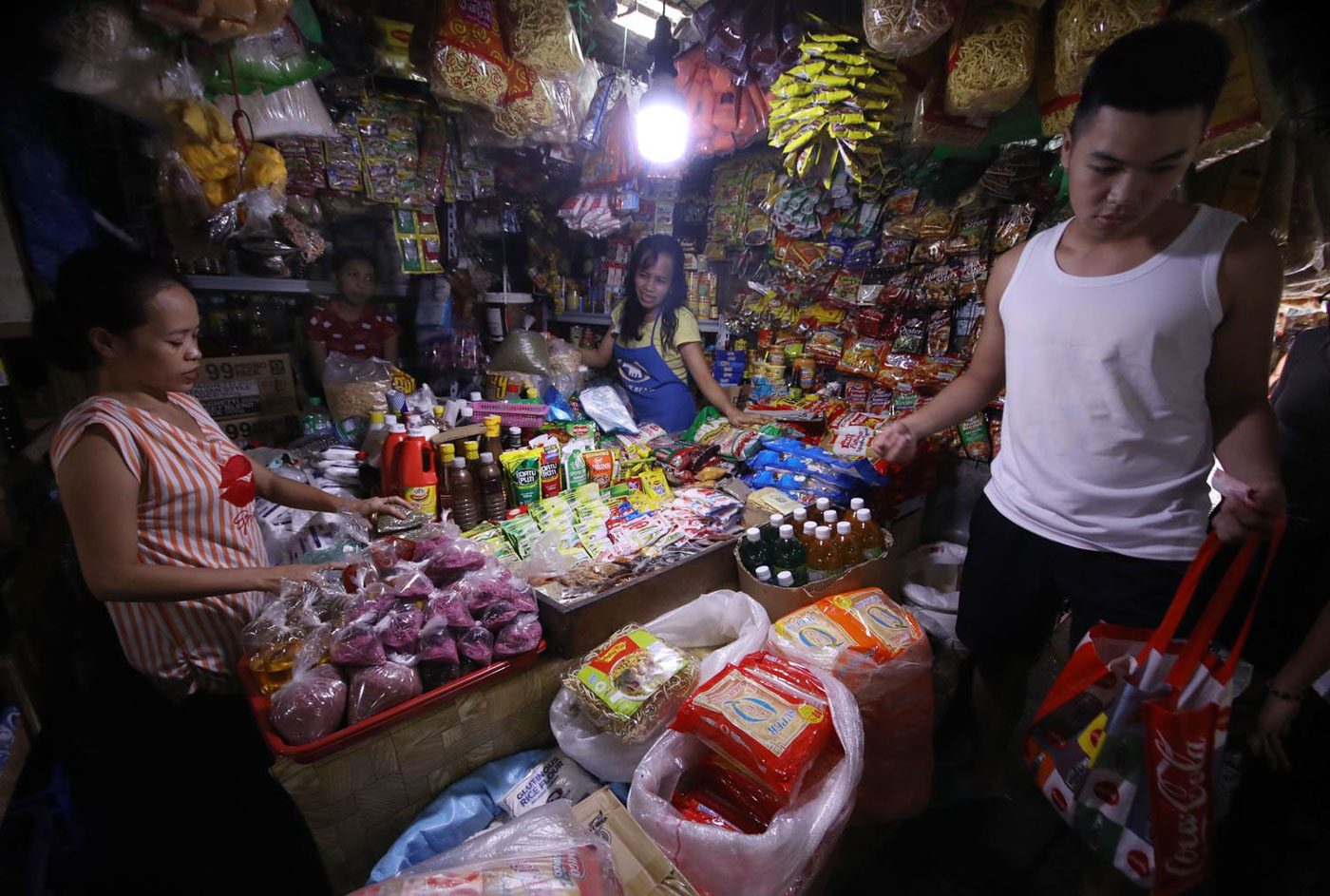SUMMARY
This is AI generated summarization, which may have errors. For context, always refer to the full article.

MANILA, Philippines – The Asian Development Bank (ADB) slashed its economic growth outlook for the Philippines to 6.4% from 6.8% for 2018, as inflation continues to wreak havoc.
The ADB also revised its growth outlook for 2019 to 6.7%, 2 percentage points lower than its initial projection.
It said the revision “reflects a moderation in agricultural output and exports, as well as higher inflation and continued global monetary tightening.”
The country’s gross domestic product (GDP) slowed down to 6% in the 2nd quarter of 2018.
Despite the downgrade, the multilateral lender said inflationary pressures are expected to taper off next year as tighter domestic policy will take effect.
“The Philippines’ growth outlook remains stable despite moderating slightly in the 1st half of the year, as the country’s economic fundamentals are strong,” said ADB Country Director for the Philippines Kelly Bird.
Bird also expects growth to “slowly pick up” due to the government’s infrastructure push.
Infrastructure spending rose to 47% year-on-year from January to July 2018.
Inflation bites
The ADB expects the Philippines’ inflation rate to average at 5% in 2018, exceeding the government target band of 2% to 4%.
Inflation jumped to 6.4% last August, the highest in over 9 years. Economic managers remain confident that prices would ease during the 3rd and 4th quarter of 2018.
“Rising global prices for oil and other commodities have contributed to underlying inflationary pressures,” states the ADB report.
Bird also said that the Tax Reform for Acceleration and Inclusion (TRAIN) law was not the main cause of the spoiler inflation. He instead pointed to problems from the supply side and rising oil prices in the global market.
The ADB’s experts projected inflation to settle at 4% for 2019, saying that the proposed rice tariffication law would “help stabilize food prices over the medium term.”
The ADB also sees the Philippines facing external risks, including swift US interest rate tightening, heightened volatility in international financial markets, as well as the resulting shocks from uncertain trade policy in some advanced economies.
It noted, however, that the Philippine economy will remain resilient, “helped by its sound external payments position and relatively low national government debt.” – Rappler.com
Add a comment
How does this make you feel?
There are no comments yet. Add your comment to start the conversation.